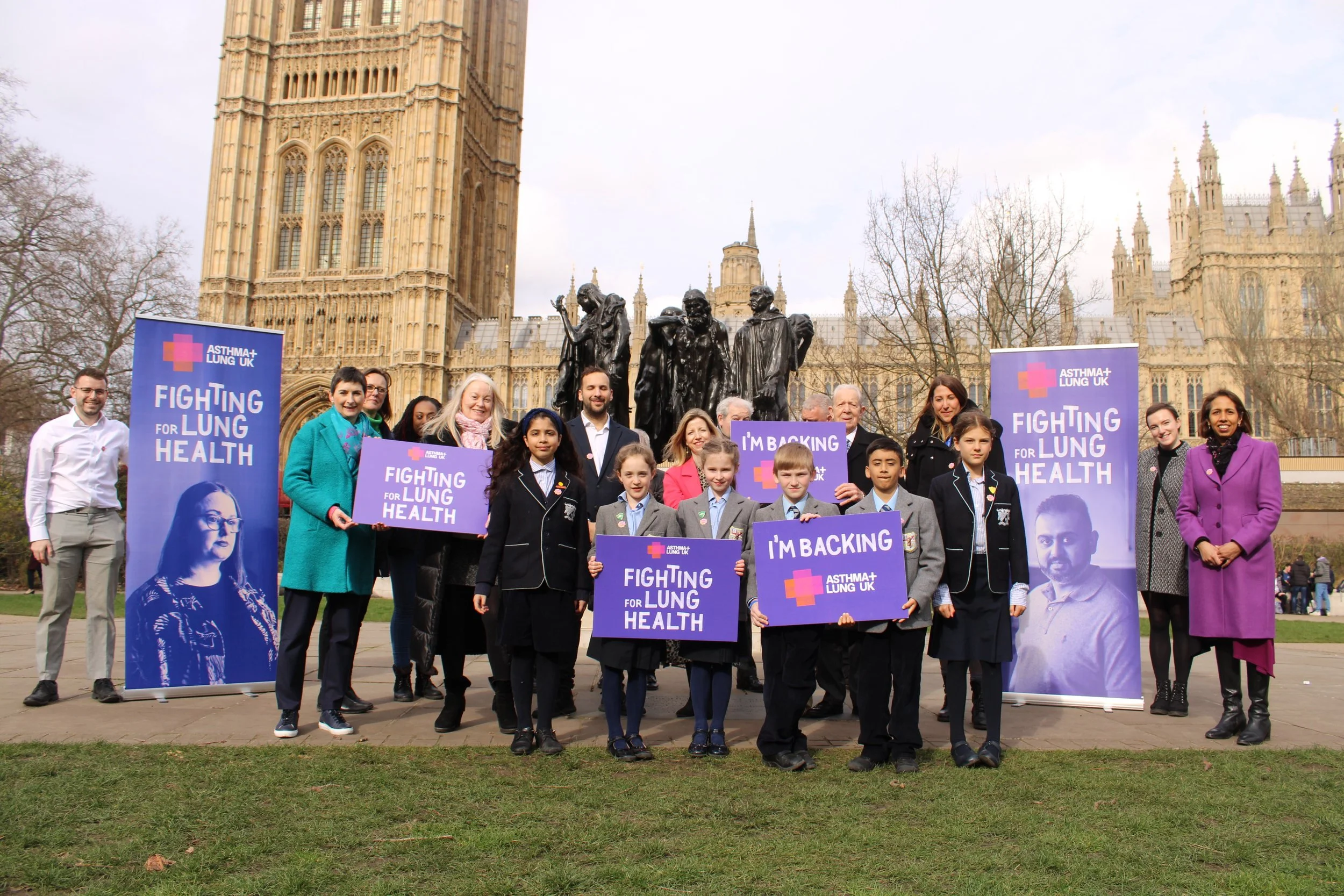The NHS Long Term Plan: what it means for you
The NHS England Long Term Plan, set out in 2017, determines what the health service prioritises and invests extra money in. Respiratory is one of the main clinical priority areas in it, which will help slowly improve services and care for people with lung conditions. Our Head of Policy and External Affairs, Sarah MacFadyen, explains what this might mean for you and your care.
NHS England is a huge organisation and it’s often difficult to tell how decisions are made on lung health. The NHS England Long Term Plan, set out in 2017, determines what the health service prioritises and invests extra money in. Respiratory is one of the main clinical priority areas in it, which is very positive and is helping us to slowly improve services and care for people with lung conditions.
Some of the plan has been set back by COVID-19. Respiratory health professionals were pulled into treating COVID-19 patients and the pressure on the health service meant a lot of normal care was delayed. This means they haven’t been able to make as much progress as we hoped in improving respiratory services.
However, the good news is that there are plans to get back on track and focus on areas where there is the most opportunity to make a difference to patient experience. Here are some of the changes that you might start to see in your care over the next year.
Spirometry testing
Spirometry testing is vital for diagnosing COPD and monitoring other lung conditions. However, too many people are never offered a test at all or are waiting a long time due to backlogs in the service. This means they wait a long time for diagnosis, or never get one at all. NHS England have plans to make sure more tests are offered so that people can get a quicker and more accurate diagnosis and start treatment. Some of these tests may take place at new Community Diagnostic Centres, rather than GP practices. There’ll be a whole range of other tests for respiratory and heart conditions at the centres available as well.
Inhaler use
The vast majority of people with asthma, and many people with other lung conditions, will be prescribed an inhaler. But we know that many people are never really shown how to use their inhaler properly so aren’t getting the full benefit. In future, there will be better training for health care professionals to check that people are using their inhalers in the right way. There’ll also be more options for different models of inhalers. People will also have the choice to use an inhaler that is better for the environment as well as treating their asthma effectively.
Pulmonary rehabilitation
Pulmonary rehabilitation is one of the most effective treatments for COPD and can really help people feel less breathless and mean they’re less likely to have a flare up. Waiting lists are long and lots of people with COPD never get to do it at all. To help with this, NHS England are testing new ways of offering pulmonary rehabilitation online or at home. This will mean more people can take part, as well as improving the quality of the services that are already available.
Asthma action plans for children and young people
Everyone with asthma should have an action plan so that they know how to keep well and what to do if their symptoms get worse. There is work going on to make sure all children and young people have action plans, that their parents know about as well. This will help keep children and young people with asthma safe and well by helping them avoid asthma attacks and potentially having to go to hospital.
If you need any support or advice on your lung condition, visit our website for expert health advice. Or contact our friendly Helpline team on 0300 222 5800 or email helpline@asthmaandlung.org.uk. Lines open 9am-5pm, Monday to Friday.
If your query is about asthma, you can also contact the Helpline on WhatsApp on 07378 606 728.
We empower people with lung conditions to make changes that can be transformative.
Please donate now to help make sure people with lung conditions can live well this year.








